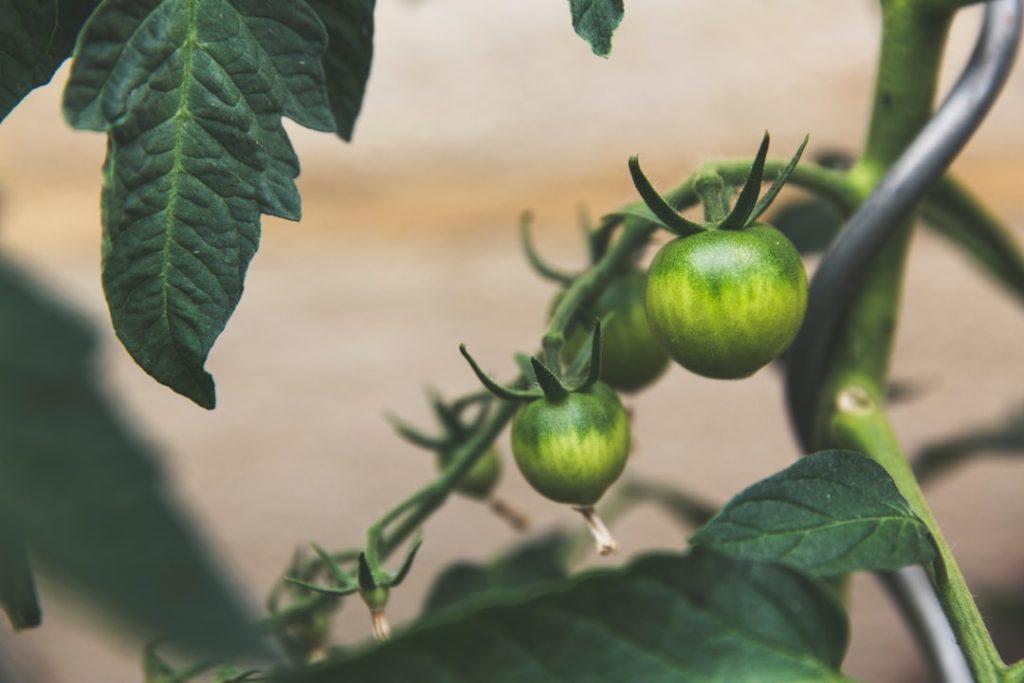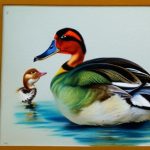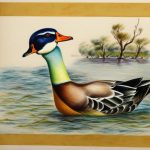Rouen ducks are a domesticated breed of duck that is known for its large size and distinctive coloring. They are a popular choice for backyard poultry enthusiasts and are often raised for their meat and eggs. Rouen ducks are also prized for their ornamental value, as they are known for their striking appearance and calm demeanor. These ducks are a favorite among farmers and hobbyists alike, due to their gentle nature and adaptability to various climates. In this article, we will explore the history, physical characteristics, behavior, uses, care, and maintenance of Rouen ducks, providing a comprehensive overview of this fascinating breed.
Table of Contents
Key Takeaways
- Rouen ducks are a popular breed known for their large size and distinctive coloring.
- The breed originated in France and was first imported to the United States in the 19th century.
- Rouen ducks have a striking appearance with their deep chestnut plumage and greenish-black heads.
- They are known for being calm and docile, making them great for backyard or farm settings.
- Rouen ducks are primarily used for meat production and as exhibition birds, but they also make good pets and can be used for pest control in gardens.
History and Origin of Rouen Ducks
The Rouen duck breed originated in France and is named after the city of Rouen in Normandy. It is believed that the breed was developed from the wild mallard duck, which was domesticated for its meat and eggs. The Rouen duck was first imported to the United States in the 19th century and quickly gained popularity due to its large size and excellent meat production. Over time, the breed was further developed in the United States, resulting in two distinct varieties: the standard Rouen and the Mallard Rouen. The standard Rouen is larger and heavier, while the Mallard Rouen is smaller and more colorful. Both varieties are known for their calm temperament and are often raised for exhibition and ornamental purposes.
Physical Characteristics and Appearance of Rouen Ducks
Rouen ducks are known for their large size and distinctive coloring, making them a visually striking breed. The standard Rouen variety has a deep, full chest, a long, broad back, and a plump body. Their plumage is predominantly a rich, iridescent green-black with a white ring around the neck, while the Mallard Rouen variety has a more colorful plumage with shades of blue, brown, and green. Both varieties have orange legs and feet, a yellow bill with a greenish-black knob at the base, and dark brown eyes. The male Rouen duck, known as a drake, is larger than the female and has a more pronounced green head with a white ring around the neck. The female Rouen duck, known as a duck, has a more mottled appearance with shades of brown and black in her plumage. Overall, Rouen ducks are known for their regal appearance and are often admired for their beauty in both rural and urban settings.
Behavior and Temperament of Rouen Ducks
Rouen ducks are known for their calm and gentle temperament, making them an ideal choice for backyard poultry enthusiasts. They are sociable birds that enjoy the company of other ducks and can be easily integrated into mixed flocks. Rouen ducks are also known for their docile nature, making them suitable for families with children or other pets. They are not aggressive and are generally easy to handle, making them a popular choice for novice duck owners. Rouen ducks are also known for their adaptability to various climates and are able to thrive in both free-range and confined settings. Overall, their friendly disposition and adaptability make them a popular choice for those looking to raise ducks for meat, eggs, or ornamental purposes.
Uses and Purposes of Rouen Ducks
Rouen ducks are primarily raised for their meat and eggs, as they are known for their excellent meat production and large eggs. Their calm temperament also makes them suitable for exhibition and ornamental purposes, as they are often showcased at poultry shows and fairs. In addition to their practical uses, Rouen ducks are also valued for their ornamental value, as they are admired for their striking appearance and regal demeanor. They are often kept in ponds or water features as a decorative addition to gardens or estates. Rouen ducks are also used in conservation efforts to preserve rare and heritage breeds, as they are an important part of our agricultural heritage. Overall, Rouen ducks have a wide range of uses and purposes, making them a versatile breed that appeals to a variety of poultry enthusiasts.
Care and Maintenance of Rouen Ducks

Rouen ducks require proper care and maintenance to ensure their health and well-being. They should be provided with a spacious enclosure or access to a pond or water feature for swimming and foraging. Their diet should consist of a balanced commercial feed supplemented with fresh greens, vegetables, and insects. Clean water should be provided at all times for drinking and bathing, as ducks require regular access to water for grooming and hygiene. Housing should be secure from predators and provide protection from the elements, with ample space for roosting and nesting. Regular health checks should be conducted to monitor for any signs of illness or injury, with prompt veterinary care provided as needed. Overall, providing proper care and maintenance is essential for raising healthy and happy Rouen ducks.
Conclusion and Summary of Rouen Duck Breeds
In conclusion, Rouen ducks are a fascinating breed that is prized for their large size, distinctive coloring, calm temperament, and versatile uses. They have a rich history that dates back to France and have become a popular choice for backyard poultry enthusiasts in the United States. Their physical characteristics make them visually striking, while their gentle nature makes them easy to handle and care for. Whether raised for meat, eggs, exhibition, or ornamental purposes, Rouen ducks have a wide range of uses that appeal to a variety of poultry enthusiasts. Providing proper care and maintenance is essential for raising healthy and happy Rouen ducks, ensuring that they thrive in both rural and urban settings. Overall, Rouen ducks are a valuable addition to any poultry flock and continue to be admired for their beauty and utility in today’s modern world.
If you’re interested in learning more about duck breeds like the Rouen, you might also want to check out this informative article on poultrywizard.com about the importance of chicken coop portage. It provides valuable insights into the benefits of portable chicken coops and how they can enhance the well-being of your flock. Whether you’re a seasoned poultry enthusiast or just starting out, understanding the significance of proper coop portage is essential for maintaining healthy and happy birds. (source)
FAQs
What is the Rouen duck breed?
The Rouen duck is a domesticated breed of duck that is primarily raised for meat production. It is known for its large size and distinctive coloring, which resembles that of a Mallard duck.
What does a Rouen duck look like?
Rouen ducks are large, heavy-bodied ducks with a deep, full chest and a broad, long back. They have a dark green head, white ring around the neck, and a deep, rich chestnut brown plumage with iridescent blue wing tips.
What is the temperament of Rouen ducks?
Rouen ducks are known for their calm and gentle temperament, making them a popular choice for backyard duck enthusiasts. They are also known to be good foragers and are relatively low-maintenance.
What is the purpose of raising Rouen ducks?
Rouen ducks are primarily raised for meat production due to their large size and flavorful meat. They are also sometimes kept for exhibition or as pets due to their attractive coloring and calm demeanor.
How do you care for Rouen ducks?
Rouen ducks require access to water for swimming and foraging, as well as a balanced diet of commercial duck feed and access to fresh greens and insects. They also need protection from predators and a safe, dry shelter for nesting and roosting. Regular health checks and access to clean water are also important for their well-being.
Meet Walter, the feathered-friend fanatic of Florida! Nestled in the sunshine state, Walter struts through life with his feathered companions, clucking his way to happiness. With a coop that’s fancier than a five-star hotel, he’s the Don Juan of the chicken world. When he’s not teaching his hens to do the cha-cha, you’ll find him in a heated debate with his prized rooster, Sir Clucks-a-Lot. Walter’s poultry passion is no yolk; he’s the sunny-side-up guy you never knew you needed in your flock of friends!







